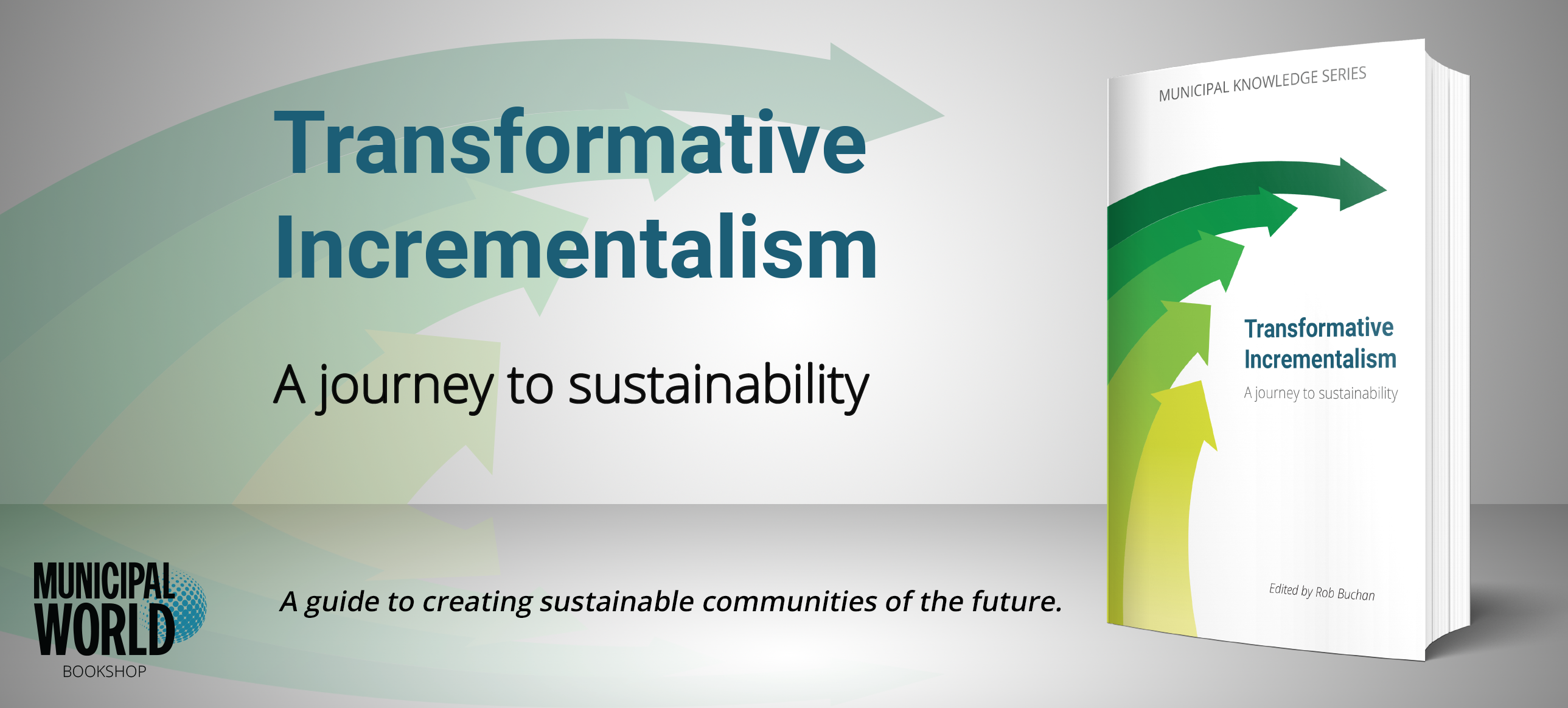How you can be an intelligence booster

Presented by Juice Inc.
Can you boost someone’s intelligence? Or suppress it? Can a person’s smarts actually be variable? I’ve learned the hard way – certain people make me feel really dumb.
I remember stuttering and stammering as the border guy smirked and shot out rapid-fire questions. Typically, I can get my point across; but, then I couldn’t string two thoughts together to save my life.
There was a lot on the line. I had to be in New York City the following morning to deliver a training session to 35 Deutsche Bank managers. My scattered thinking didn’t impress the surly agent: “You’re not flying anywhere today.” (I ended up having to pull a rabbit out of a hat – delivering a two-day experiential training session via video-conference.)
“Acid Bath”
If you’ve experienced a scenario like this, you’re not alone.
Medical columnist Dr. Gabor Maté says, “Psychological factors such as uncertainty, conflict, lack of control, and lack of information are considered the most stressful stimuli.”
It’s a bit like a splash of acid on our brain, resulting in a predictable physiological reaction: a potent injection of stress hormones (cortisol, adrenaline, and norepinephrine) floods the system, our cortex is constricted, and our capacity for higher-order thinking is shut down.
A recent survey by Juice and Municipal World revealed that your colleagues experience this dynamic. Thirty-seven percent of them answered “Yes” to the question, “Are you smarter around some people than you are around others?”
That means every third person you deal with today might feel smarter (or not) in your presence – it all depends on how they experience you. The Are You Smarter survey showed that if you’re having a bad day, and people pick up a “border guard” tone from you (they experience you as someone who is rank-imposing, judgmental, or critical), they can lose access to 40 percent of their smarts.
In the May issue, we looked at how we lose our smarts – and how we can get them back. This month’s article is for those who said, “No, I’m equally smart around all people.” If that’s you, prepare to learn how you can help your colleagues get back in the game when they lose their smarts.
Juiced Brain
If you witness work partners starting to lose their smarts, you can turn the situation around. Essentially, this is a chemistry problem; the brain is flooded with stress chemicals (cortisol, adrenaline, and norepinephrine).
Amazingly, there are three types of questions that can change your partner’s brain chemistry in milliseconds. These questions flush out the three stress chemicals and replace them with three brain-friendly chemicals: oxytocin, dopamine, and serotonin. Become skillful with these questions and you can do benevolent brain-hacks – helping co-workers access their intelligence and get back in the game.
Oxytocin: Connection Juice
Activate oxytocin in someone and you reduce the sensation of fear. Rapport is rebooted. As acceptance amps up, and social skills kick back in, people can access what they need to be appropriate in the situation. Dr. Paul Zak’s research shows that oxytocin produces trust, and increases the monetary value of interactions in a work culture.
How do you release oxytocin?
Acknowledge – When a moment is filled with anxiety and tension, you can reduce the stress-load of the situation by up to 50 percent by acknowledging everyone’s state, “Well this feels awkward, doesn’t it?” A simple acknowledgment like this creates a human moment – oxytocin is activated, people chuckle, and tension dissipates.
Ask – “What matters most?” In any situation, there can be two or three things that matter to your work partner; but, there’s only one thing that matters most. It can help to pause and ask: “I’m hearing that meeting our deadline and the impact on the team are both really important to you. Can you tell me which one matters most to you in this situation?”
Reflect – When you prove that you understand, you produce a sense of trust. “Okay, I’m hearing that meeting the deadline is a non-negotiable, and we have to do that without wrecking the good work we’ve done with the team.”
Dopamine: Creativity Juice
Release dopamine in people and they become insanely creative about achieving goals. Why? Because dopamine is called the seeking drive – it unlocks reward-orientation, motivation, ingenuity, intuition, and innovation.
How do you release dopamine?
Ask – “What’s possible here?” It’s not reward that releases a flow of dopamine in the brain (as scientists used to believe); it’s actually the promise of reward.
When you re-focus people on the sense of promise, possibility, or potential in a situation, you release a jolt of dopamine.
Share vision – Be human and share your dreams of what’s possible. Paint a picture of the preferred future – not a pipe dream, but a picture of the opportunity as you see it.
Tell “modulated” stories – Most people try to motivate others with one kind of story: the good to great story. While some people are motivated by achievement, others light up with meaning, belonging, autonomy, or security. So, modulate your story because a good to great story can be turned into “belonging on a fantastic team” or “how we made life easier for our clients.” Expand your repertoire.
Serotonin: Confidence Juice
Without serotonin, the effect of dopamine and oxytocin in our brains would be muted. Activating serotonin turns up the signal strength of its two allies, giving people a super-charged blend of connection and creativity. This produces a powerful effect: people feel a sense of confidence. Their sense of agency is boosted, and they access optimism, belief, and self-efficacy – everything they need to muzzle their inner critics.
How do you release serotonin?
Ask – “How might we?” Every major innovation that happens at Ideo, Google, or Netflix always starts with three words: “How might we?”
Here are a couple of questions infused with “how might we” energy.
“If you and I knew we couldn’t fail, how might we approach this?” This nudges the person from their stuck state, expands their thinking, and releases belief and agency.
“You’ve faced situations like this in the past, how might we use what you’ve learned here?” When you focus people on past wins and what made them work, you pull confidence forward into their current reality.
Which Type of Person Will You Be?
You can be the type of person who boosts people’s intelligence. While they think of some colleagues as border guards who shut down their intelligence, they think of you and wonder, “Why am I smarter around that person than I am around others?”MW
BRADY WILSON has a vision: organizations that pulsate with innovative energy. As the Founder of Juice Inc., Brady functions as a human energy architect, working with leaders to build the conditions in which innovation, value creation and unforgettable customer experiences can flourish. He helps leaders step into life’s grittiest tensions, inspiring them to create a sustained approach to positive change – and better business results.
as published in Municipal World, June 2017



